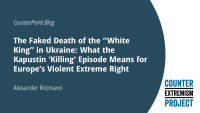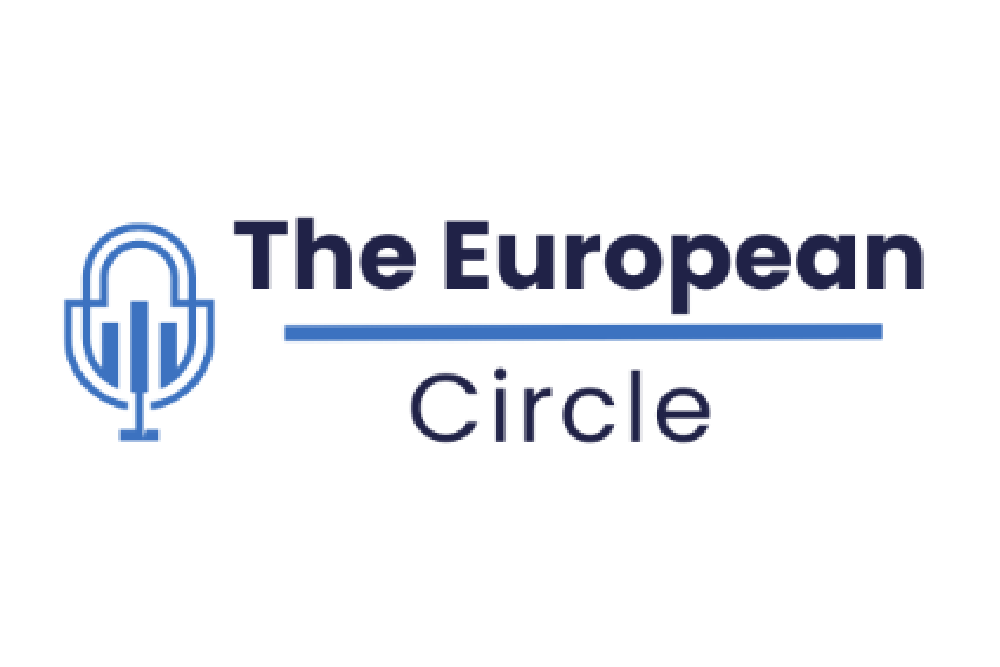Russia
CEP Senior Director Dr. Hans-Jakob Schindler on arrest of Russian spy in Berlin and extradition of Russian diplomat from Germany.


The Faked Death of the “White King” in Ukraine: What the Kapustin ‘Killing’ Episode Means for Europe’s Violent Extreme Right
On 27 December 2025, multiple reports claimed that Denis Kapustin, a.k.a. Denis Nikitin or White Rex, had been killed in action in Ukraine. Kapustin is the commander of the Russian Volunteer Corps (RVC), which fights on Ukraine’s side against Russia...

CEP Senior Director Dr. Hans-Jakob Schindler interviewed about Russia’s hybrid warfare in Germany and the German government’s protest to the Russian ambassador in Germany. [Staring at 6:56]




Counter Extremism Project (CEP) Senior Director Dr. Hans-Jakob Schindler interviewed regarding Russian drones disrupting air travel in Denmark.

CEP Senior Director Dr. Hans-Jakob Schindler interviewed for segment: Drones were again circling Danish airports yesterday evening and overnight. Who sent them is still unclear. But Copenhagen is certain that hybrid warfare is behind it. NATO is taking the situation very seriously, according to its Secretary General Rutte. And while Germany wants to invest more in drone defense, the Defense Minister sees Russia behind the attack.

Stay up to date on our latest news.
Get the latest news on extremism and counter-extremism delivered to your inbox.